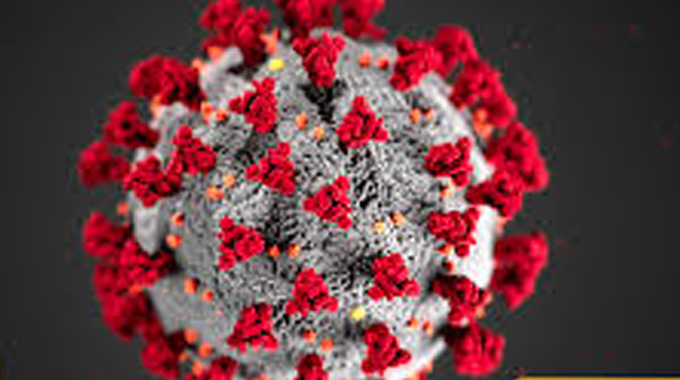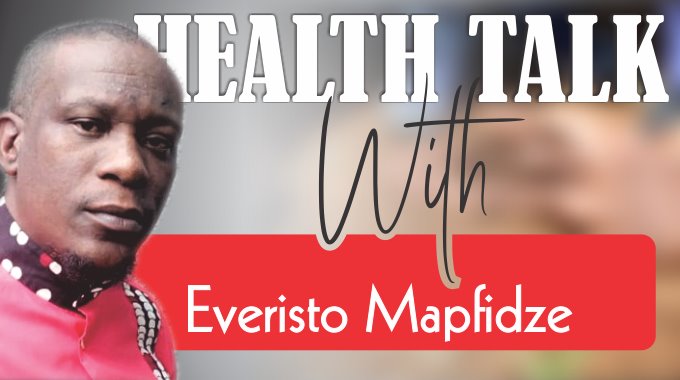
The Sunday Mail


Since the first reported case of Covid-19 disease in late last November in Wuhan, China, the global pandemic has wreaked havoc in 213 countries and territories.
Despite the ravaging impact of the disease on humanity, it is, however, apparent that “all hope is not lost”.
So far, a number of countries have since been declared “a virus-free status” from coronavirus infection, without recording any fatality.
The Faroe Islands, New Caledonia, Falkland Islands, Greenland, Papua New Guinea, St Barth, Western Sahara, Anguilla, and Saint Pierre Miquelon, have recorded 100 percent case recovery from Covid-19 disease.
Faroe Islands, an archipelago in the North Atlantic Sea, with a population of around 50 000, recorded its first Covid-19 case on March 4, 2020.
By March 25, case morbidity had risen to 187, though no fatality was recorded. Of note, the island country tested 17 percent of its population at a high frequency.
Most confirmed cases were asymptomatic, or mild, and a few were admitted into hospital. The last person recovered on May 8, and there are no known active cases in the country.
More importantly, test equipment to check Salmon Isa virus was re-purposed to test for Covid-19 virus.
By February the island nation was ready to test 600 samples per day.
According to Karlsen Rita (2020),”The Faroe Islands is seen as an exception due to its large testing capacity relative to its size, a miniature laboratory with lessons on how to handle the disease.”
Today, The Faroese have seen all lost hope restored, as all 148 confirmed cases recovered from Covid-19.
Countries such as Mauritius, Belize and Suriname have declared themselves “virus-free”, although some cases succumbed to the disease.
Mauritius, an island country in the Indian Ocean, located off the eastern coast of Africa, has a population of 1 265 800, according to 2018 estimates.
Although the island has the highest population density of African countries and among the highest in the world, it has contained the coronavirus infection.
On May 11 Mauritius, having had 332 Covid-19 confirmed cases, declared itself “a virus free status”.
Officially, 322 cases recovered, with 10 people succumbing to the disease.
However, lockdown measures remain in place to contain the contagion, though the country has not recorded a new case for more than two weeks.
Some experts have argued: “The more testing, the clearer the picture”.
In all, the island nation carried out 73 572 Covid-19 tests, including 50 077 rapid antigen tests and 23 495 polymerase chain reaction (PCR tests).
Currently, PCR and antibody testing are the common methods adopted by most healthcare systems in testing citizens for Covid-19 infection.
According to Dr Edward Wright, a senior lecturer in Microbiology at the University of Sussex, “PCR detect the genetic information of the virus, the RNA.”
PCR tests directly detect the presence of an antigen, rather than the presence of the body’s immune response, or antibodies.
Essentially, the tests can tell whether or not someone has the virus very early on.
By scaling up PCR testing to screen samples from within a population, health authorities can get a clearer picture of the spread of the Covid-19 virus.
However, PCR tests can be labour intensive, with several stages at which errors may occur between sampling and analysis.
False negatives can occur up to 30 percent of the time with different PCR tests, meaning they are more useful for confirming the presence of an infection.
According to Warwick Medical School honorary clinical lecturer Dr James Gill, “During the course of the outbreak, the PCR testing has been refined, and as such, we now have 80-85 percent specificity.”
On the other hand, an antibody test does not tell who is infected, because the antibodies are generated after a week or two.
But, it shows who has been infected and who should be immune to the virus. Blood samples are usually used for antibody tests.
The sample is sent to the laboratory to determine whether there is development of antibodies against the virus.
Physiologically, the immune system produces antibodies, which are critical for fighting infection and clearing out the virus.
Results showing antibodies indicate prior infection with the disease, and can also entail presence of some immunity.
However, the timing and type of antibody affects accuracy. The test may not detect antibodies if testing is done too early.
Regrettably, many questionable test kits have since flooded the global market, compromising the authenticity of Covid-19 testing.
On March 21 Zimbabwe recorded its first Covid-19 case.
Though the country is not yet out of the woods, unprecedented pandemic control measures employed by the Government are seemingly slowing down transmission of the contagion.
As at May 1, Zimbabwe had 34 cases, 5 recoveries and four deaths. By May 17, the country had recorded 46 confirmed cases, 18 recoveries, 24 active cases and four deaths.
Cumulatively, 15 455 RDT tests and 12 564 PCR were done.
Despite evident signs of hope, there is need to increase testing capacity to get a clearer picture of Covid-19.
Henceforth, the Government must intensify testing, tracing, isolation and surveillance to get a gigantic picture of the coronavirus infection.
Meanwhile, the newly appointed Covid-19 Chief Coordinator in the Office of the President and Cabinet, Dr Agnes Mahomva, must avail resources for intensified testing of all suspected cases.
Of note, Econet – in partnership with Higher Life Foundation – reportedly imported 100 000 Covid-19 test kits for target groups such as essential services staff and the elderly.
The philanthropic gesture will essentially promote intensified testing in vulnerable populations, giving hope to Zimbabweans as a whole.
Everything that is done in this world is done by hope (Martin Luther King).
Stay at home, exercise social distancing, and practice hand hygiene.
Everisto Mapfidze is a registered general nurse who holds a Bsc Honours in Sociology (UZ). For feedback: [email protected]



